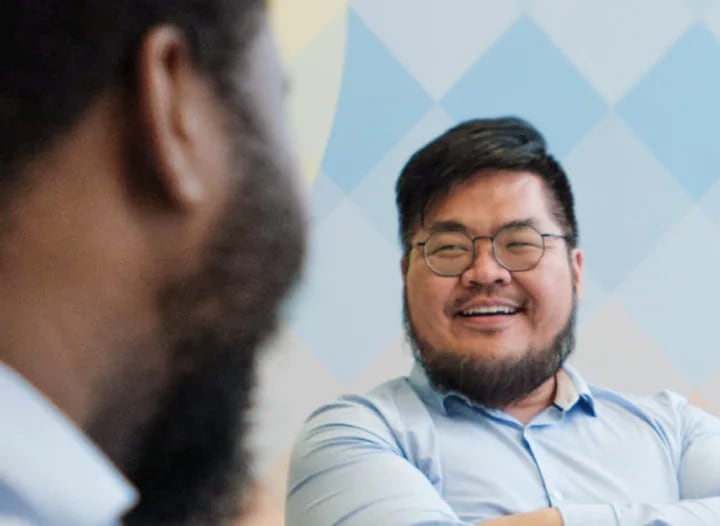Actionable intelligence for the energy transition
Rho Motion is


CONSULTANCY
Research projects aligned with your specific objectives
Bespoke consultancy and advisory services based on your defined criteria across the EV and battery, charging and battery recycling supply chains.
Learn moreMarket studies
Market research & customer validation
Due diligence
RHO MOTION EVENTS
Bringing together leaders and innovators across the energy transition
We assemble leaders in energy, transport, technology and financial markets across the globe through dedicated events programmes. Exploring EV and Battery, Charging, Infrastructure and Battery Recycling, we create opportunities for long-lasting and meaningful industry connections.
Learn more






